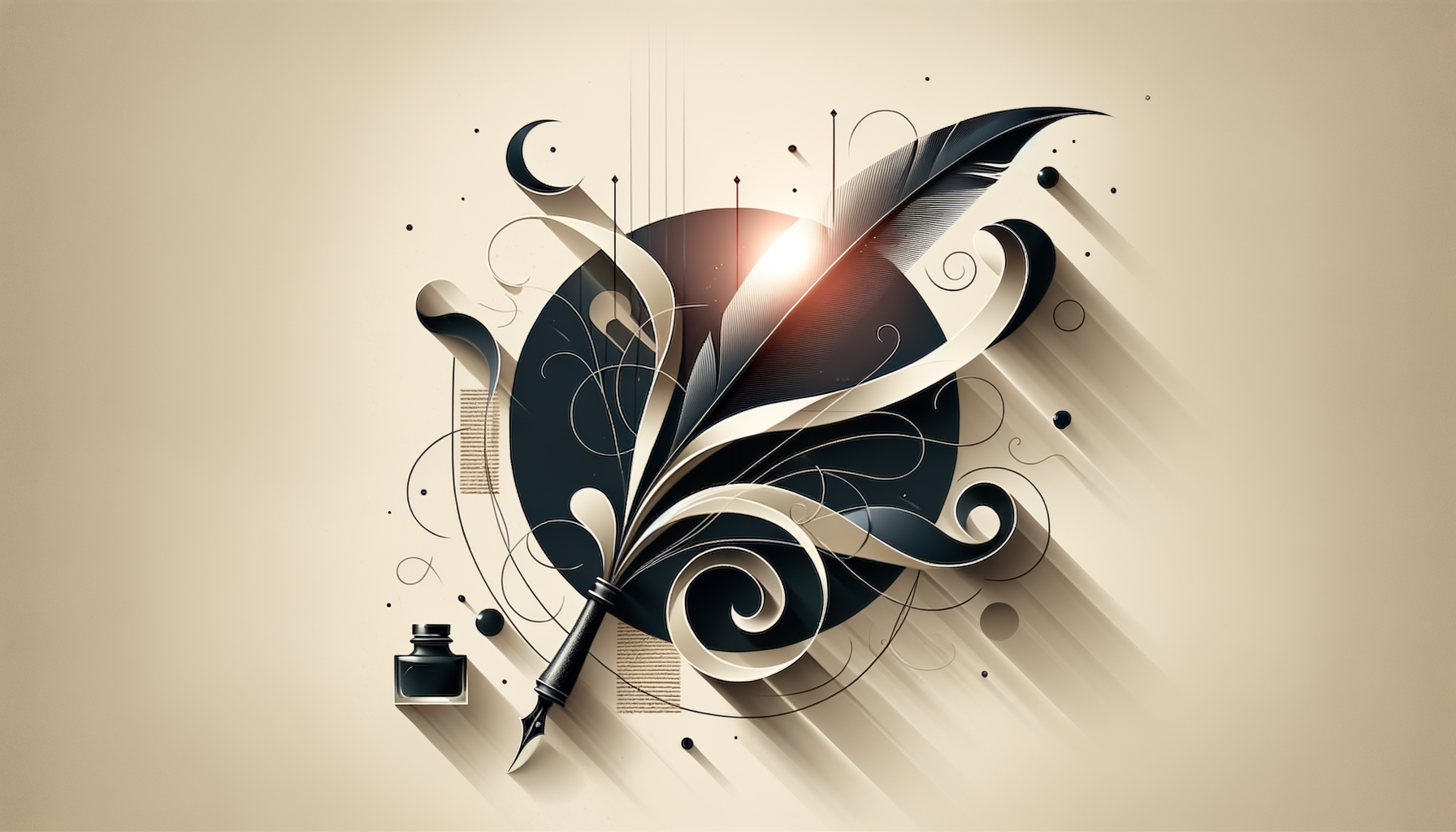Have you ever had someone lean in at a dinner party, fork hovering mid-air, and ask, “But what do you really do?” That’s my daily bread as a writer—and, no, calling myself a writer isn’t code for "spends the day doom-scrolling Twitter in yoga pants." Spoiler alert: it’s also not me, lit candlewick and all, penning love letters on parchment or waiting for the muse to strike me like Zeus’s lightning bolt.
Being a professional writer—especially one grappling with human connection, love, and relationships—means I’m constantly fielding assumptions. “Oh, you must be such a romantic!” or “Do you just sit around with a glass of wine and write whatever comes to mind?” Sure, I’ve spent a few moody nights in dimly lit cafés playing the tortured artist (Savannah is rich with such inspiring scenery), but here’s the truth: writing about relationships is equal parts art, sweat, and occasionally wondering why my neighbors are sobbing about toaster settings instead of talking to each other.
So, allow me to peel back the curtain. Let’s bust a few myths, tell some juicy truths, and explore what it’s really like to be in my shoes.
Myth #1: It’s All About Love Affairs and Serenades
Here’s a curveball for you: It’s not. Writing about relationships is less Colin Firth emerging from the lake in Pride and Prejudice and more Jane Austen politely dodging questions about her own love life at dinner. People assume that because I write about dating and relationships, my life must look like it’s lifted from a Nicholas Sparks screenplay.
The truth? I probably know more about your love scars than you do. My job doesn’t grant me immunity from heartbreak or dating disasters—it offers me perspective. It’s a front-row seat to universal truths about human connection: How we all want to be seen, heard, and wanted. Love isn't a sweeping violin montage; it's scrubbing the kitchen sink on a Tuesday night while your partner hums off-key in the background.
Take it from someone who grew up in the shadow of Savannah’s slow, sweeping romances. Living near homes with wrought-iron balconies and whispered sonnets etched into their histories taught me this: the quieter moments often hold the real marrow of love. The trick is figuring out how to write about roasted chicken arguments (yes, that’s a thing) in a way that makes sense to everyone.
Myth #2: Writers Have All the Perfect Words To Fix Relationships
Oh, sweetheart. You’d be surprised how many of us cobble together words not because we’ve mastered love, but because we’re constantly trying to decode it. There’s a persistent belief that because I reference studies on how gratitude strengthens relationships or write about empathetic communication techniques, I must have my romantic life wrapped in a neat bow. Not so much.
I once suggested my partner leave me love notes like in The Notebook—a sweet idea until he started signing them, “Best wishes, your roommate.” (His handwriting, unfortunately, reads less “romantic hero” and more “middle school detention.”) But here’s the thing: writing about relationships doesn’t mean I’m an oracle. It means I’m a student, over and over again, trying to learn, survive, and sometimes beautifully fail.
If there’s any magic in what I do, it’s translating these “oh, no, THAT happened” moments we all share into stories that help. So while my writer wallet might hold tools like communication tips and vulnerability advice, I’m still very much carrying receipts for my own messy moments.
Myth #3: A Life of Glamorous Settings and Unlimited Creativity
Picture me perched on a sun-dappled patio with jasmine climbing the walls, crafting poetic verses about love’s nuances... Sounds dreamy, right? Now picture me, same writer, in week-old pajama bottoms, consuming a cold biscuit over my laptop while yelling, “Why is this sentence not cooperating?!”
This job isn’t about languorous walks down cobblestoned lanes; it’s about grinding until raw ideas are polished enough to shine. Relationships themselves are my “source material,” but they don’t always arrive neatly packaged with metaphors or tidy morals. For every soulful epiphany about sincerity, there’s an irritating blank page staring back demanding emotional depth. Twice.
But I will admit those rare moments of poetic connection—when the blend of human emotion and literary craft flows—can feel electrifying. Imagine trying to timestamp the moment your high-school crush smiled at you by way of a sentence… but knowing someone, somewhere, will feel exactly that tug in their belly when they read it. That’s the big win. The flipside is there’s no romantic violin playing while I rework the same joke twenty times or inevitably spill sweet tea on my notes.
Behind-the-Scenes Truth: Writing Is Basically Emotional Archaeology
Here’s what people don’t consider: this job is about digging deep. Writing about relationships doesn’t mean just spinning sweet tales on flirting or five stages of love. It means mining true human experiences—joy, disappointment, vulnerability, resilience. I joke that I spend my days arm-wrestling the ghosts of people’s past breakups or deriving lessons from that one couple fighting loudly over cilantro at the farmers’ market. (Why cilantro is such a lightning rod for couples’ spats, I’ll never know.)
It’s also taking those delicate glimpses of humanity and reassembling them into something authentic yet universally relatable. It means asking deeper questions, like, “Why do people defend each other fiercely in a crisis but argue over thermostat settings?” (We’re layered mysteries, I tell you.)
Takeaways: Writing About Relationships Is Both Personal and Practical
So yes, people get my job wrong all the time. The romantic novel stereotypes. The assumption I’m somehow sliding through life with all the answers. And while it’s not always glamorous, there’s a profound satisfaction in showing people how to navigate their feelings, face the complicated stuff, and craft connections that matter.
My biggest takeaway? Three truths about relationships that guide my work—and maybe guide your life:
-
Conflict Isn’t the End—It’s an Invitation. Arguments—whether over “what counts as clean” or forgetting anniversaries—aren’t the enemy. They’re doorways to understanding if you let them be.
-
Tiny Kindnesses Matter. The poet Walt Whitman said, “Be curious, not judgmental.” True love often looks like choosing curiosity over critique when your partner leaves the milk out again.
-
Nobody Has All the Answers. That includes me. Relationships are puzzles we’re all figuring out, piece by piece, together.
If you’ll excuse me, I have a stack of rejected metaphors to sort through and an overripe peach calling my name. Life as a writer isn’t perfect, but it’s as rich and complex as the stories we all live. And if sharing a bit of mine helps you feel less alone in yours, well... that’s as close to “happily ever after” as I can imagine.




















